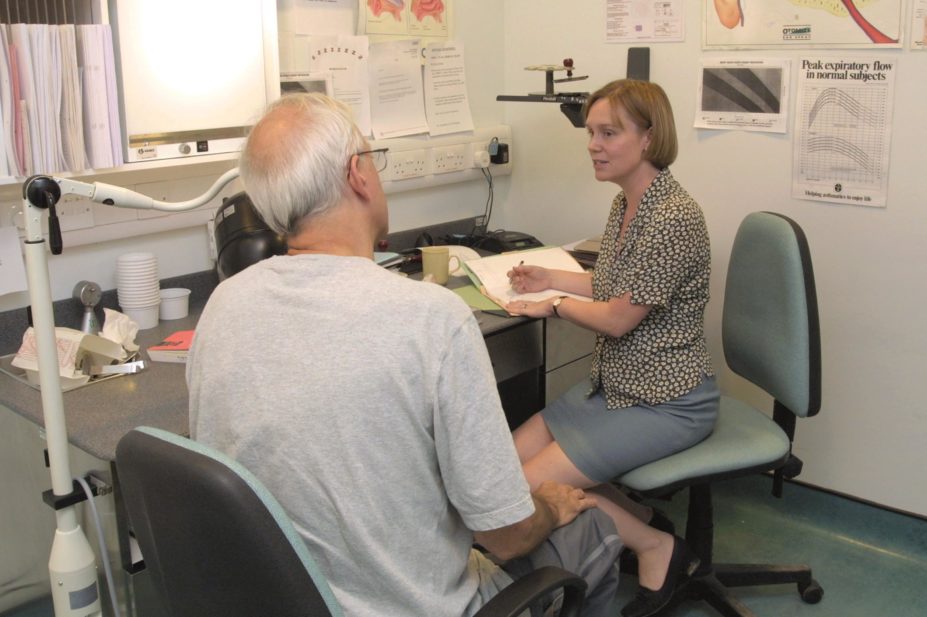
Sally and Richard Greenhill / Alamy Stock Photo
The NHS Health Check has helped identify patients with undiagnosed hypertension, type 2 diabetes and chronic kidney disease, according to results of the first study to track the outcome of the screening programme since it was introduced in April 2009.
Researchers from Queen Mary University of London conclude that uptake has been been lower than expected, but attendance quadrupled over the first two years of the programme, from 5.8% in 2010 to 30.1% in 2012.
The researchers analysed the electronic records of 1.68 million patients held on the QRESEARCH database who were eligible for the health check and who were registered with 655 general practices in England. They found that, of the patients who attended a check, 7,844 new cases of hypertension were identified either during the check or within 12 months of it occurring — equal to one new diagnosis per 27 checks; there were 1,934 new cases of diabetes identified — one in every 110 checks; and there were 807 new diagnoses of chronic kidney disease, accounting for one in every 265 checks.
“The NHS health check programme has had a difficult birth,” say the researchers in BMJ Open
[1]
on 13 January 2016. “The efficacy of the programme has been challenged, based largely on a review of 16 trials of health checks, of which 12 trials were undertaken more than 20 years ago before 1994, the year in which the landmark 4S trial established statin effectiveness.”
The researchers suggest that more research is needed to consider the most efficient means to deliver the programme, including through pharmacies, and its likely economic impact.
“This study indicates limited though improving success in the early years of a major new national preventive programme,” the researchers conclude.
References
[1] Robson J, Dostal I, Sheikh A et al. The NHS Health Check in England: an evaluation of the first 4 years. BMJ Open 2016;6:e008840. doi: 10.1136/bmjopen-2015-008840


